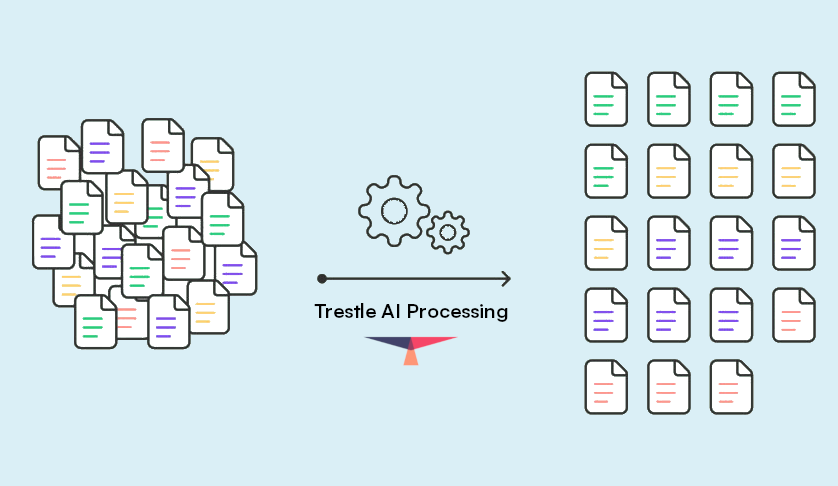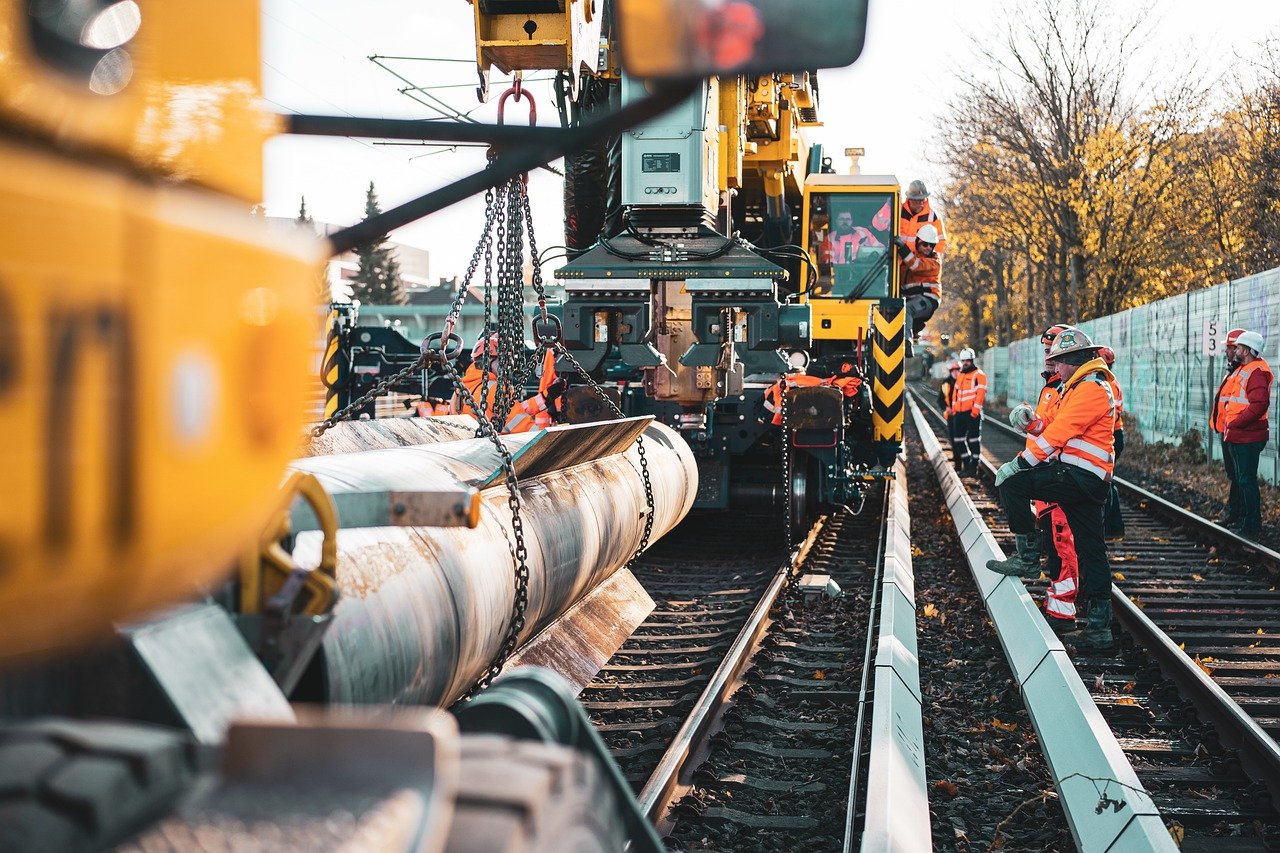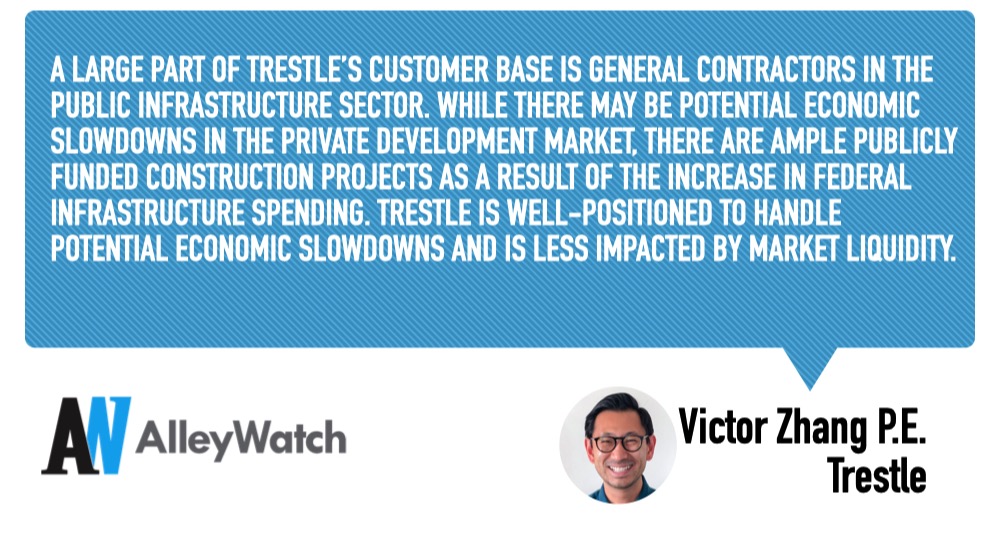Vendor Performance Reviews and the Need for Information Continuity in the Construction Industry


Information continuity is a common problem in the construction industry. While many other industries have systems in place — or rely on word of mouth — to transfer knowledge from one employee to another, the construction industry relies on the personal experience and expertise of individual workers.
This reliance on "tribal knowledge" means that when employees leave, they take valuable insights with them, leaving gaps in the company's operational knowledge base. Important information, such as the reliability and performance of vendors and subcontractors, can get lost in the transition.
Construction companies and general contractors can overcome this by using vendor performance reviews or implementing software systems to collect data on past projects and vendors, making sure that knowledge is preserved within the organization.
What Are the Risks of Poor Knowledge Continuity in Construction?
Contractors and construction firms can face significant challenges when they fail to maintain continuity in knowledge and expertise. Here are some of the risks of poor knowledge management.
Project Delays and Increased Costs
When key team members leave and take their knowledge with them, new team members often have to start from scratch. This learning curve can lead to slower project progression and higher costs.
For example, if a project manager who knew the specific challenges of working in a particular location leaves, their replacement might not be aware of these issues, leading to unexpected problems and delays.
Loss of Competitive Edge
Construction firms often develop unique methods and innovative solutions that give them an advantage over competitors. If these innovations are not properly recorded, they leave with the person who created them. This loss can be particularly damaging if the departing employee joins a competitor or starts their own company, directly leveraging the innovations they developed at their previous job.
Quality Inconsistencies
In the absence of established, standardized practices, the quality of construction projects can fluctuate significantly, depending on the individual team members’ experience and skills. This variability can harm the company's reputation because clients expect consistent quality and reliability from one project to the next.
By addressing these risks through better knowledge management practices, construction companies can improve project efficiency, maintain their competitive edge, and ensure consistent quality in all their projects.
Knowledge Management in Other Industries
Other industries have set high standards in managing and transferring knowledge effectively, which can serve as valuable models for the construction sector.
Technology and Software
The technology and software industries use comprehensive digital systems to manage knowledge. They maintain detailed databases and documents. This makes certain that every piece of knowledge is accessible to all employees across the organization, regardless of turnover. For instance, when a software developer writes code, they add comments directly in the codebase to explain why and how certain functions are implemented, making it easier for future developers to understand and build upon their work.
Manufacturing
The manufacturing sector also demonstrates strong knowledge retention practices through detailed documentation and standardized procedures. They use precise process documentation and establish standard operating procedures (SOPs) that are meticulously followed across the board.
Implementing Effective Knowledge Management in Construction
Construction companies and contractors can take several key steps to prevent critical information from becoming isolated with individual employees.
Develop a Knowledge Repository
Creating a centralized digital library can be the first step to storing all project-related data. This repository should include comprehensive records such as project plans, blueprints, vendor reviews, client feedback, and any other documentation relevant to the construction processes. If this system is cloud-based and every document is uploaded and categorized according to project phases or specific operational aspects, then any team member can access and search for the data they need.
Encourage a Culture of Documentation
To truly integrate knowledge management into your company, it’s crucial to foster a culture of documenting processes and decisions. This means training staff to view documentation as a part of their job roles, not just an additional task they’ll do when they have time.
If documentation is a part of the workflow, companies can be sure that every critical decision, change order, or unique solution is captured and preserved. Regular audits and reviews of the documentation practices can help maintain high standards and continuously improve the system.
Regular Training and Knowledge Sharing
Promoting a culture of knowledge sharing within the company can help with knowledge continuity. Meetings, workshops, and training sessions allow experienced employees to share their insights and skills with newer team members. This helps distribute the knowledge across the organization.
Vendor Performance Reviews
Systematic collection and analysis of vendor performance reviews can make a real difference in making sure construction projects run smoothly. Detailed records of each vendor's reliability and quality of work and maintaining a list of pre-approved vendors speed up construction projects and ensure the final product is always up to standard.
Contractors need structured evaluation criteria that can be applied uniformly across all vendors and projects. After the completion of each project, a standard performance review could be conducted to assess timeliness, adherence to specifications, quality of materials supplied, and overall cooperation.
Digital platforms like Trestle can centralize and standardize information management in construction. Trestle can be used for critical functions such as vendor performance reviews, project management, and compliance tracking, keeping all relevant data stored in one place that's easily accessible. This helps in retaining important information and making it available company-wide.
Data Is Key for Contractors
By adopting strategies from industries that excel in knowledge management, construction companies can improve their operational efficiency and maintain continuity, even as team members change. By gathering as much data as possible and documenting all the steps of a project, companies can repeat their successes and avoid their mistakes.
Capturing the knowledge from experienced project management team members makes sure that construction companies and contractors always stay ahead of their competition. See how Trestle can help you fully use your data and proprietary knowledge today.
Keep Reading





